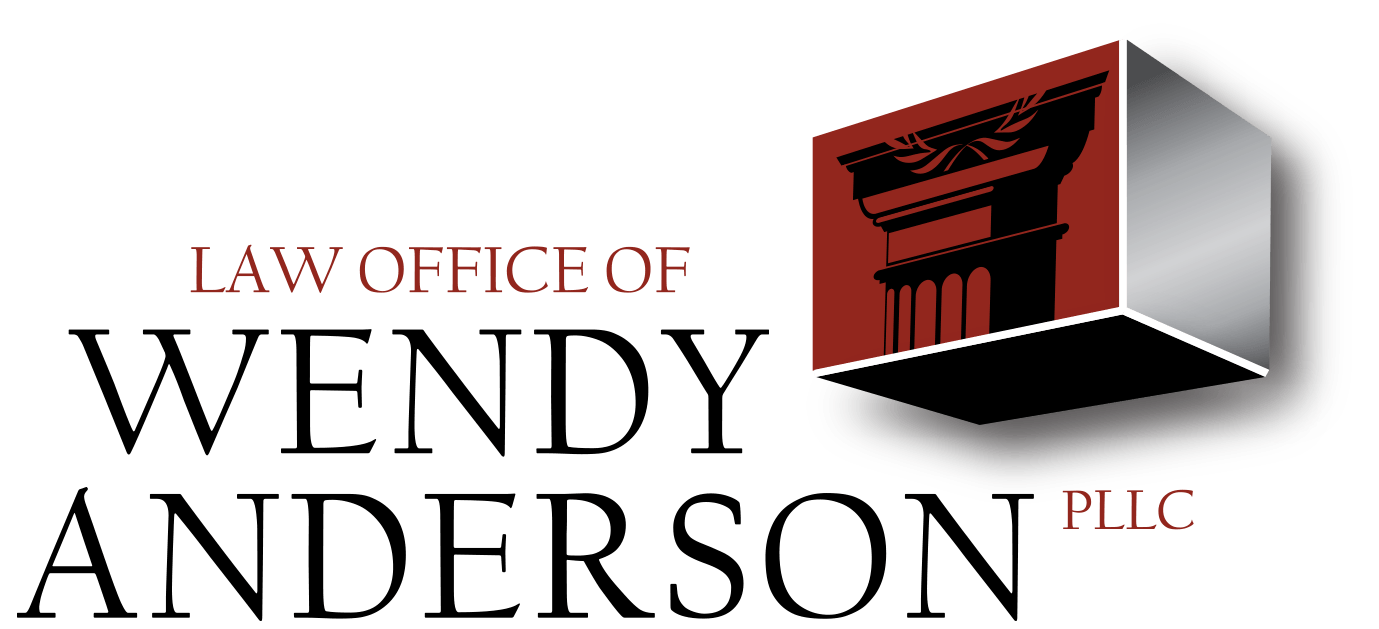Your Original Work – Who Really Owns It?
Outsourcing has become an effective and efficient way to operate multiple aspects of a business. Many business owners see merit in using skilled experts who can complete clearly-defined projects for their company without having the permanence of an employment relationship. When this outsourced work consists of original work, including writings, translations, music, and certain types of computer code or software, be sure to agree in writing on the ownership of the finished work – at the beginning of the relationship.CopyrightThe creator of an original work of authorship automatically gets copyright protection the moment that work becomes “fixed in any tangible medium of expression” according to the Copyright Act of 1976. Ideas are not eligible for copyright, but as soon as that idea is expressed in print, a recording, on a canvas, as a photograph, on a website, blog post, or any other digital or tangible platform, the author owns the copyright. The owner of a copyright has the exclusive right to publish, reproduce, distribute, perform, display or sell that original work. Registering the work with the US Copyright Office will provide legal protections for the author in the event someone else uses that material improperly. However, even if the copyright is not registered with the Copyright Office, no one can copy, display, distribute, sell or license the work without the author’s permission. Works Made for HireThe Copyright Act also provides for non-authors to own the original work if the parties agree that it will be considered a “work made for hire.” So what does this mean? For authors:
For employees:
For companies:
An intellectual property agreement specifying the original works as “works made for hire” will assure your company the right to use, display, distribute, or sell the original works without reservation or future compensation to the author. A perfect example of this relates to websites and other content displayed online – don’t take the chance that your digital presence will disappear if you cut ties with your marketing partner (who will own the content on your site unless you’ve explicitly agreed otherwise.) Federal copyright law is clear on these issues, so it’s risky to assume that all the parties agree on the final ownership of the work if you have not discussed in detail. If you are an author or purchaser of original, copyrightable works, you will want to have a signed contract specifying the understanding. Please give me a call so that we can ensure your rights are protected. NOTE: THIS ARTICLE IS FOR GENERAL INFORMATIONAL PURPOSES. IT DOES NOT CONSTITUTE LEGAL ADVICE, NOR DOES IT CREATE AN ATTORNEY-CLIENT RELATIONSHIP. EACH SITUATION IS DIFFERENT. YOU SHOULD CONSULT WITH AN ATTORNEY TO DETERMINE YOUR LEGAL RIGHTS, REMEDIES, AND DUTIES. By Wendy M. Anderson, Esq.
|
The post Your Original Work – Who Really Owns It? appeared first on Law Office of Wendy Anderson.





